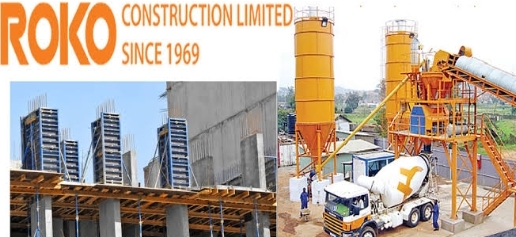The High Court’s Commercial Division has ruled in favor of Pramukh Steel Limited, allowing it to recover Shs 1.5 billion from Roko Construction Limited following a longstanding payment dispute over steel supplies.
In her June 4, 2025 ruling, Lady Justice Dr. Ginamia Melody Ngwatu dismissed Roko Construction’s attempt to halt enforcement of the judgment, stating the company had failed to meet the legal criteria for a stay of execution.
The dispute stems from a commercial contract in which Pramukh Steel delivered steel materials valued at approximately $450,827 (about Shs 1.7 billion). Despite receiving partial payments totaling about $51,671 (Shs 196 million), the balance remained unpaid. In 2024, the court ordered Roko to pay the outstanding $399,156 (Shs 1.5 billion), plus interest and legal costs.

Roko filed an appeal and applied to temporarily stop enforcement of the judgment, arguing that executing the order would result in serious financial strain and potential damage to its operations. The company also raised procedural issues, claiming an audit report used as evidence had not been properly scrutinized in court.
However, Pramukh Steel’s legal team countered that the audit was properly sanctioned and delays were due to Roko’s own failure to comply with court orders. They contended that the application was simply a stalling tactic.
Justice Ngwatu ruled that Roko had not provided credible evidence to support its claims, nor had it fulfilled basic legal requirements such as submitting a formal appeal or trial records. She further noted that the company had not offered any form of security to guarantee compliance with the judgment, as required by law.
The ruling clears the way for Pramukh Steel to enforce the judgment and recover its money, though Roko may still pursue its appeal.
The matter, registered as Miscellaneous Application No. 074 of 2025 arising from Civil Suit No. 990 of 2020, highlights the ongoing challenges in Uganda’s construction industry, where companies are increasingly being held accountable in court over contractual obligations.



























